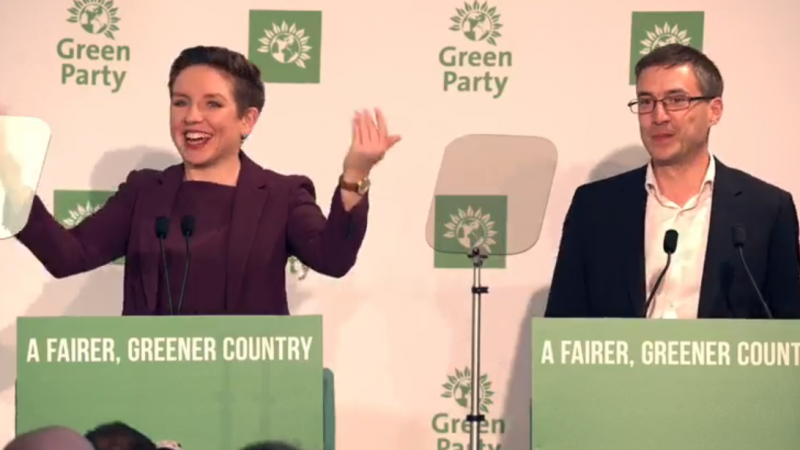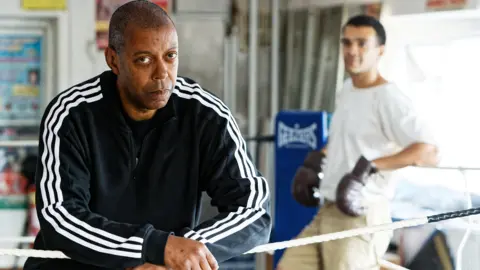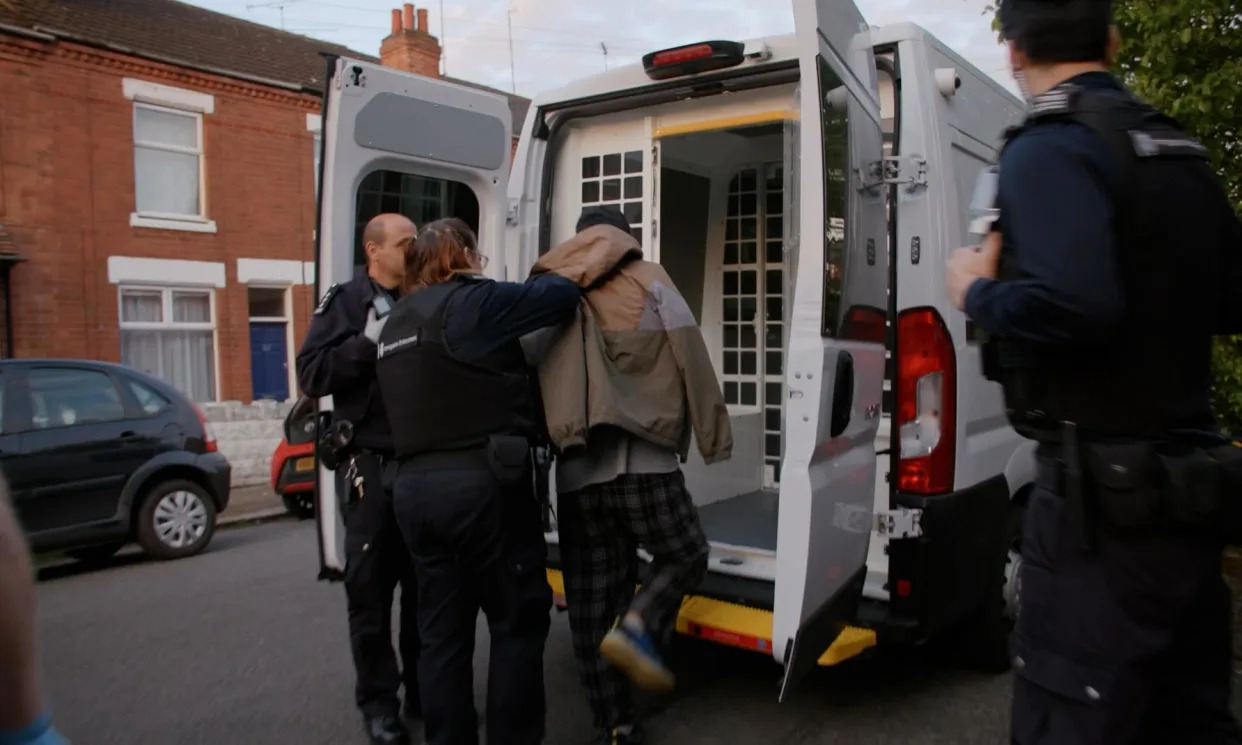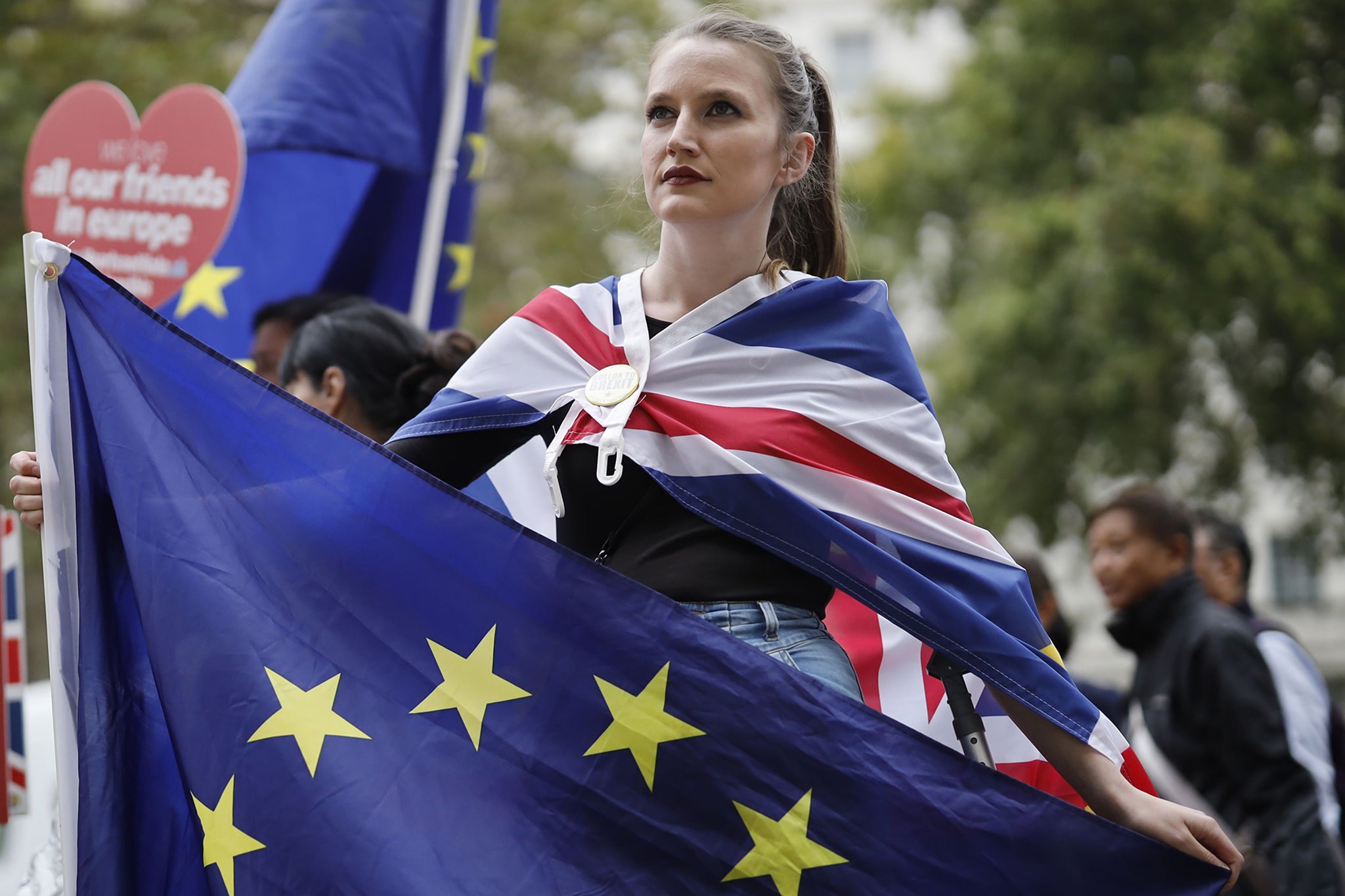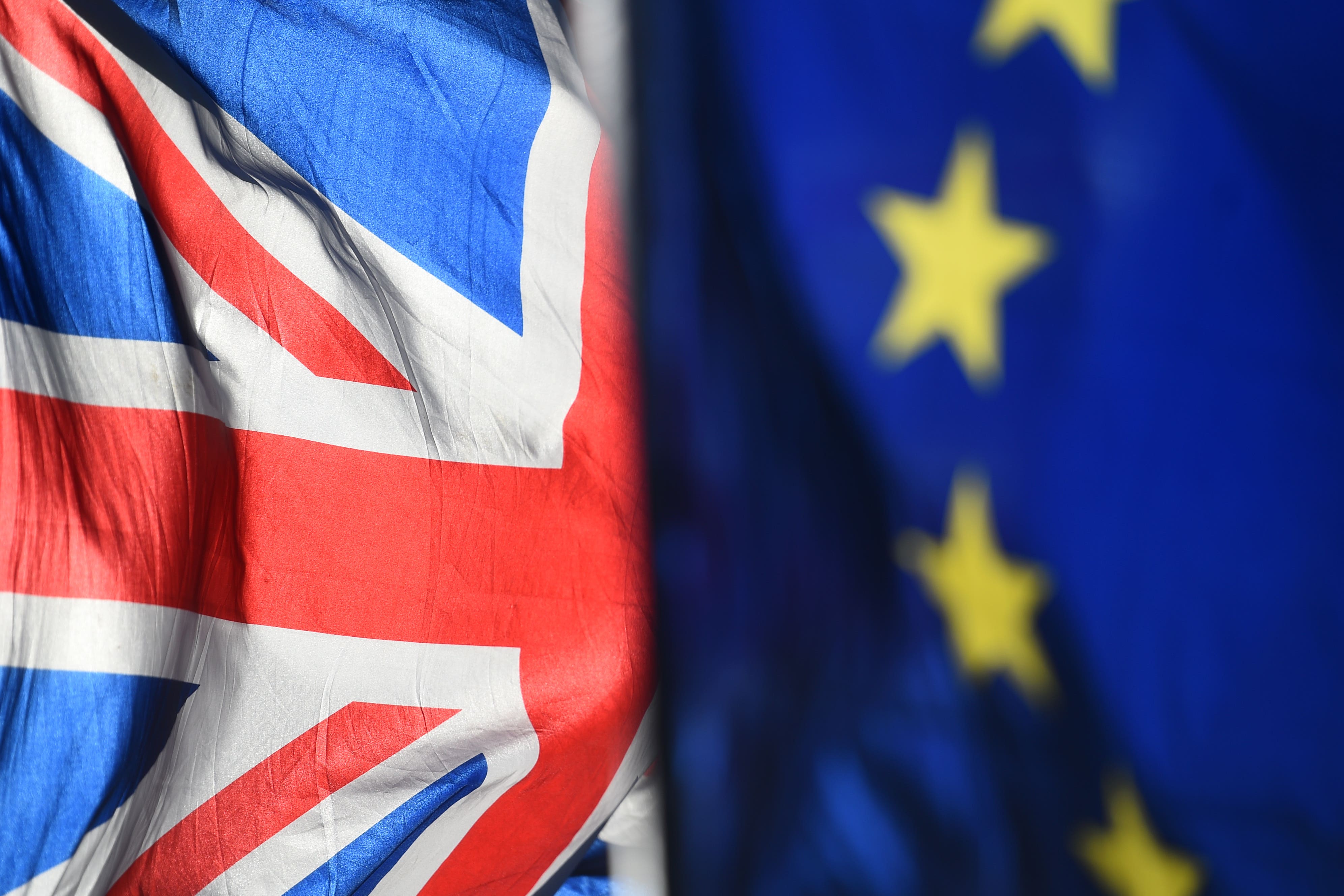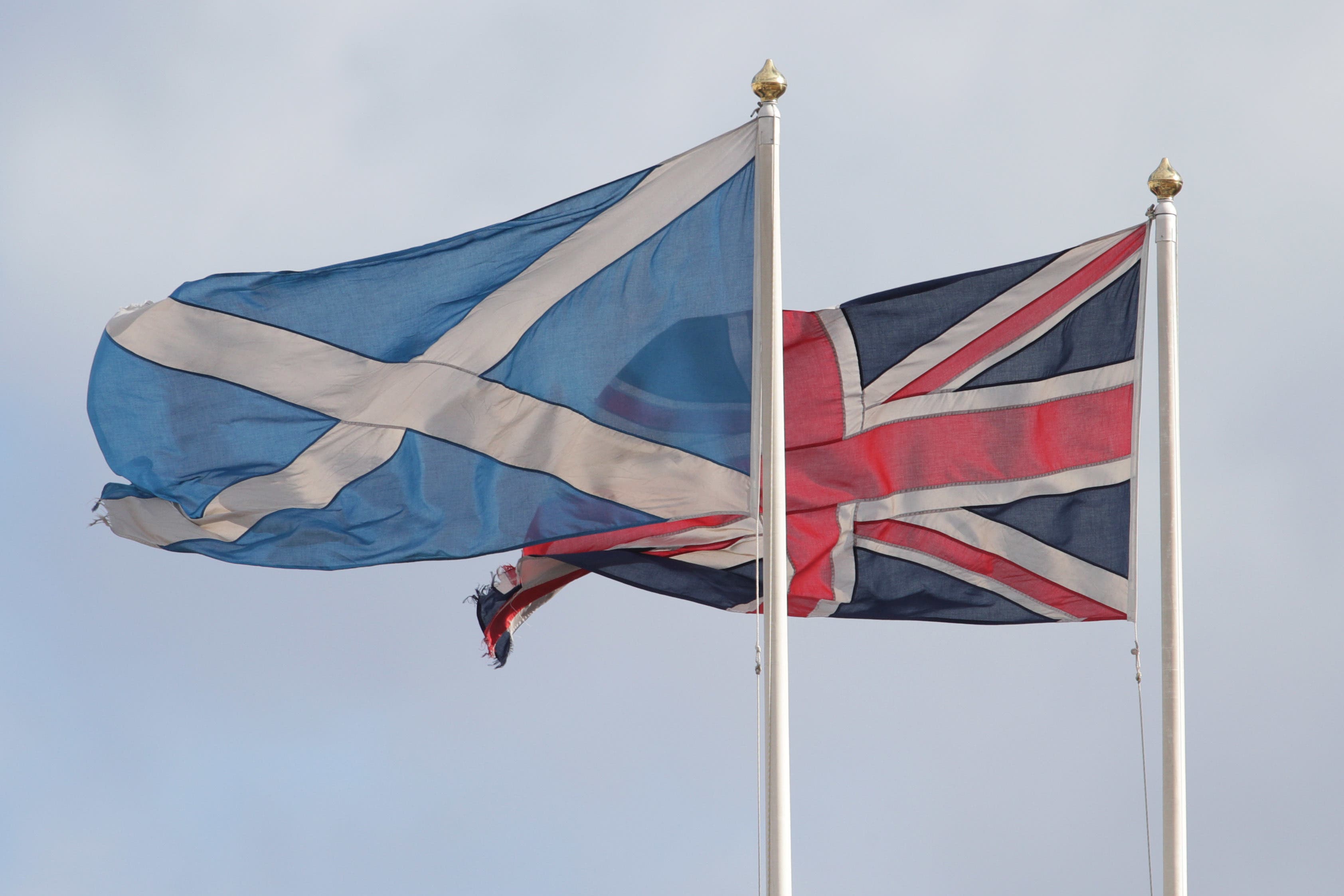Wera Hobhouse MP: Labour must engage local communities on transition to net-zero
Left Foot Forward spoke to Wera Hobhouse at the Liberal Democrat conference

The Liberal Democrats are currently holding their autumn conference in Brighton – the first to take place since the 2024 general election saw the party win a record 72 seats in the House of Commons, and – of course – the first to take place under a Labour government for 15 years.
This context is the backdrop to the conversation Left Foot Forward had with Wera Hobhouse – the Lib Dem MP for Bath – at the conference. Hobhouse is the party’s spokesperson on climate and transport, and our conversation centred on these two big issues which the new government has already made major policy announcements on.
Hobhouse is clear that there is a marked difference between the new Labour government and the Tory one that preceded it. Branding the record of the Tories on climate “abominable”, Hobhouse told Left Foot Forward that the first steps from Labour have been “very welcome”.
She said: “We just needed something fresh and new, and I’m glad that the Labour government has come in with a mission. Ed Miliband has set out immediately – and we’ve already done the second reading – of the GB Energy Bill. So clearly the government is pushing forward and that is very welcome.”
“Two months is obviously not enough to make any judgement really on their record. But what has definitely changed is the whole atmosphere and the way government is talking about the climate emergency and the need to have the energy transformation in order to avert all the things that we have been talking about in the past. So it’s a fresh start. It’s welcome. What we hear is absolutely right.”
Despite this positive tone, Hobhouse also has a strong critique of elements of Labour’s plans. Saying that she intends to spend the next year “scrutinising” the government on its action on the climate.
In particular, Hobhouse told Left Foot Forward that she is concerned about the government’s willingness to engage local communities in its development of the infrastructure needed to transition to net-zero.
“They haven’t really looked at any process of how they can gain local consent”, Hobhouse said, adding: “I think if they’re not careful, then they are running into trouble.”
She went on to argue that without engaging local communities around the development of new infrastructure, the government risked people turning towards the political right and to campaigners who oppose taking action the climate crisis.
Hobhouse told Left Foot Forward: “We do have very strong local democracy campaigners and advocates for having their voices heard. And unless a Labour government recognises this and understands that these decisions also have to be made from the bottom up rather than the top down, I think that is the greatest danger that we currently see – that it’s going to all be top-down decisions and we’re building up a large group of discontent people which will then only fall into the hands of anti-climate campaigners and the right wingers – we’ve already seen that. So it’s a big challenge for the government to contain that.
Building on this, Hobhouse suggested that the Liberal Democrats could play a role in supporting the government to garner support in local communities for this transition.
She said: “I think we Liberal Democrats are best placed to support the Labour government in that we are on board with their overall aims, but we are also strong advocates for localism and decision making from the bottom up. And I see my role particularly as making sure the government engages with myself – if I continue as a spokesperson – but also the Liberal Democrats, on how can we strengthen community energy, how can we strengthen a new devolution settlement with funding for net zero for local authorities”.
This isn’t the only time that Hobhouse mentioned community energy. When discussing the areas she wants to influence the government on, community energy comes up again. She said: “My amendments to the GB Energy will be on community energy because it’s completely missing. And that’s a little bit disappointing since Labour in opposition has talked a lot about community energy, and now it’s missing.”
While she has critiques on some areas of Labour’s policy programme like this, in other areas, Hobhouse is almost wholly positive. One such area is the government’s proposals that local authorities should be given powers to regulate and franchise their buses – powers which are currently only held by combined authorities with metropolitan mayors such as Greater Manchester.
She said: “We have been arguing for local authorities franchising their own buses. So it shouldn’t only be mayors, it should also be local councils so that’s absolutely gone into our direction. So, no further things things to say. That’s positive, we support it, fantastic. Bus services couldn’t be more on their knees than they already are.”
But that uncritical support doesn’t extend to Labour’s other flagship transport policy – bringing the rail operators back into public ownership. Describing the Liberal Democrats’ position as “agnostic” on renationalisation, Hobhouse told Left Foot Forward that her priority was “improvements of rail services”, irrespective of the ownership question.
She said: “On what is called renationalising the railways, we have said that we are ultimately agnostic about whether it’s in private or public ownership. We can wait and see whether the government is correct in saying that all the problems that we have with the railway system is because it’s private. That is, of course, a particular argument. What we’ve been saying is we just want to see the improvements of rail services for passengers – and that is around more affordable journeys, that’s about a more reliable service, and that’s about a much more transparent ticketing system.”
Overall, Hobhouse struck a clear tone throughout the conversation – relief that the Tories are no longer in office, optimism about some elements of Labour’s programme, and determination to push for changes to government policy where her party has disagreements with it. Expect much more of that from the Liberal Democrats in the coming five years.
Chris Jarvis is head of strategy and development at Left Foot Forward
Image credit: Wera Hobhouse – Creative Commons

